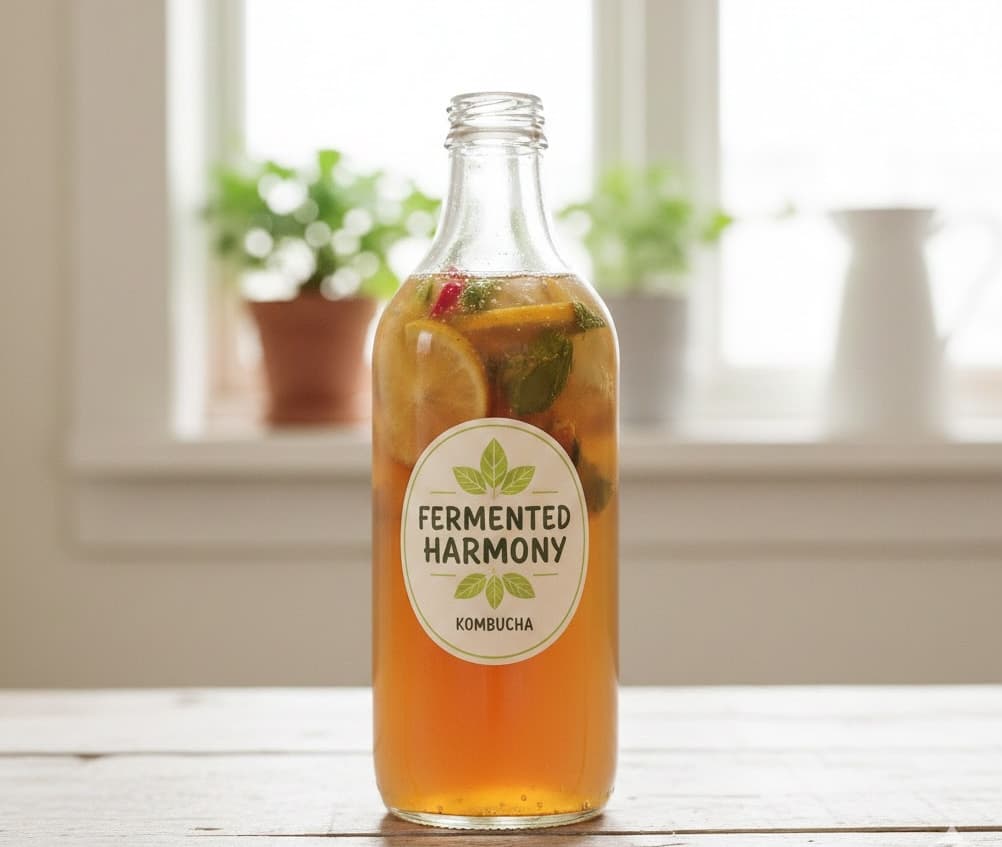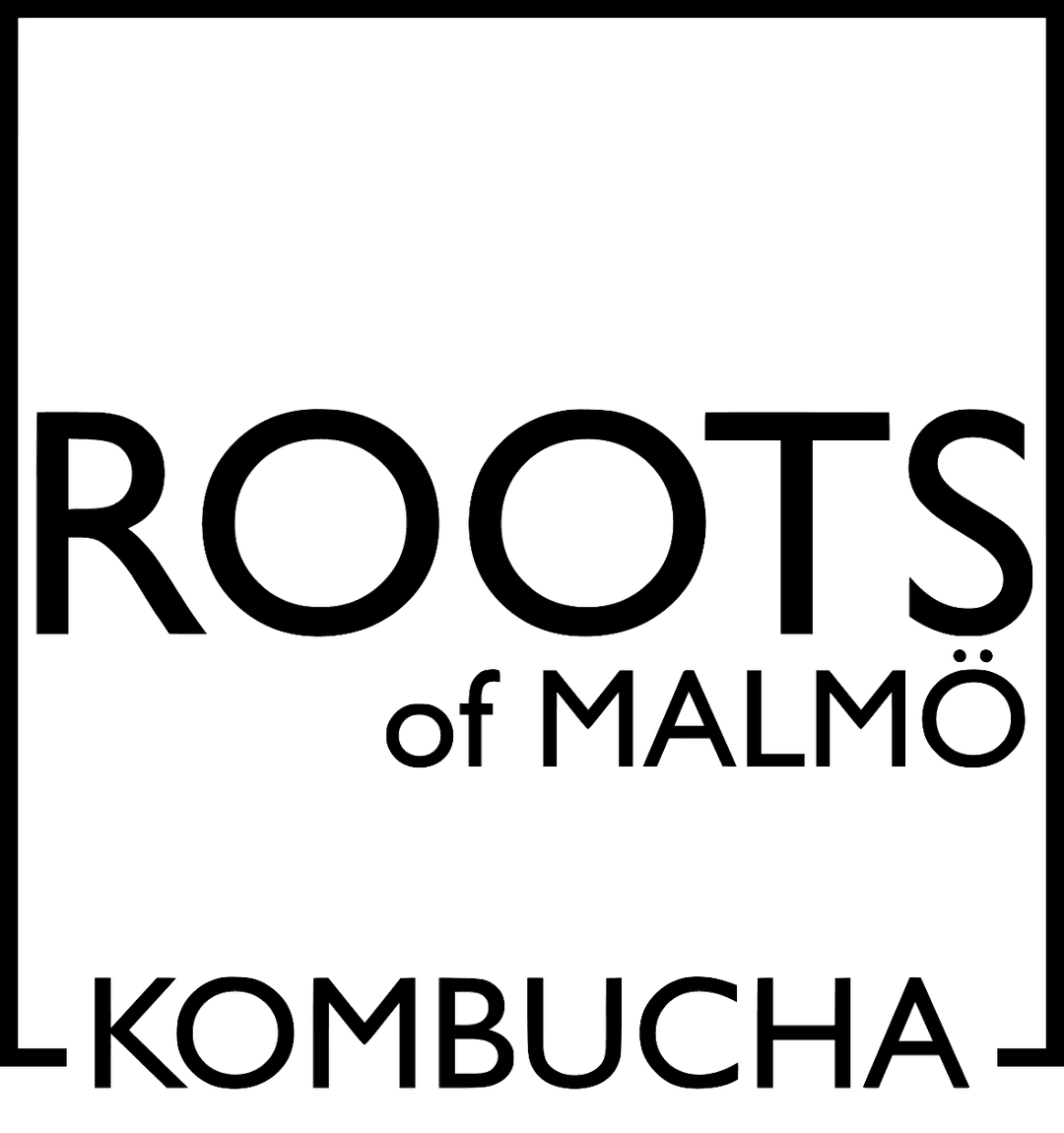Who’s Brewing the Future? Torg’s Top Kombucha Picks
Kombucha’s blowing up, here’s how this fizzy tea went from kitchen brews to store shelves everywhere, and why everyone’s hooked on its bold taste and gut perks. In this article, we explore the industry’s rise and spotlight our top three kombucha brands to watch.

200+ buyers trust Torg for sourcing


Kombucha may appear to be the newest health trend, but it's actually been around much longer than everyone realizes. This fizzy, slightly sour tea began as a home brew in Asia and migrated, gradually, around the world, one jar at a time. Today, however, it's more than a homemade concoction. It's a growing industry that's worth billions. From passion projects to big brands, everybody's looking to get in on the trend. So what's driving the mania? Let's crack open a bottle and discover.
From Homemade Brew to Supermarket Star
Not too long ago, kombucha was the kind of thing you’d spot in someone’s kitchen, fermenting in a jar, with a weird jelly-like blob floating in it. Fast forward, and now it’s everywhere. You’ll find it in big-name grocery stores, corner shops, and even bars. As of 2023, the market for kombucha suppliers was worth more than $3.5 billion. And it's not slowing down, they say it will reach $7 billion by 2030. What was once a niche beverage is now center stage, and everyone's enjoying it.
Why Everyone's Drinking Kombucha
So what's the buzz about kombucha's meteoric rise? It comes down to a few key facts:
- Health Halo: As consumers become more aware of gut health, kombucha's natural probiotics, antioxidants, and possible detox properties are striking all the right chords. People view it as an improved version of soda.
- Low Sugar Appeal: With carbonated waters losing popularity, kombucha becomes a delicious, low-sugar option with a health twist.
- Flavor Variety: From ginger-lemon and hibiscus to wild berry and chili mango, companies are getting innovative. There's something for all tastes.
- Functional Additions: Companies are adding adaptogens, CBD, collagen, and vitamins to kombucha, making one fashionable product yet more.
The Challenges Fermenting Beneath the Surface
It’s not all sunshine and SCOBYs. The kombucha industry faces its own unique set of challenges:
Alcohol Content Issues: Naturally, kombucha can ferment past the 0.5% alcohol threshold, leading to regulatory headaches. Some brands have been pulled from shelves for going “too hard.”
Short Shelf Life: Being a live product means it’s sensitive to heat and storage conditions. That complicates logistics and adds costs.
Consumer Education: Not everyone loves the vinegar-like taste upfront. It takes time and marketing to build the habit.
Health Claims Scrutiny: Brands have to be careful about over-promising. While kombucha can support gut health, it's not a cure-all.
Innovations Driving the Next Wave
This industry is bubbling with innovation. Here are a few trends pushing it forward:
Hard Kombucha: Alcoholic versions with ABVs ranging from 3–7% are targeting beer and cider drinkers. Think health meets happy hour.
Canned Kombucha: Easier to store, chill, and drink on the go. Perfect for casual sipping and expanding shelf presence.
Kombucha Vinegars: These are concentrated versions used as health shots or mixers, kind of like apple cider vinegar, but tastier.
RTD Functional Drinks: Some kombucha brands are stretching into other health beverages, prebiotic sodas, herbal tonics, and more.
Global Kombucha: Who’s Drinking What?

While the U.S. leads in market value, other regions are catching on fast.
Europe is seeing rapid growth, especially in the UK, Germany, and the Nordics. The clean-label, organic appeal fits well with consumer values.
Australia has embraced kombucha big time, with local brands like Remedy and MOJO becoming household names.
Asia, despite being kombucha’s birthplace, is slowly warming up to the packaged versions, although traditional teas still dominate.
Kombucha in Retail and Foodservice
Retailers love kombucha tea suppliers because they ticks so many boxes: they offer health-focused, trendy, premium, and versatile. It’s often placed near functional drinks or even beer. Meanwhile, bars and restaurants are adding kombucha on tap, and some cafés are using it as a mixer in mocktails and cocktails.
Subscription services and DTC (direct-to-consumer) sales are also booming, especially for small brands. With the rise of health-conscious consumers, even vending machines in offices and gyms are starting to carry kombucha.
Sustainability and Ethical Sourcing
More kombucha brands are aligning with eco-friendly values:
- Glass bottles over plastic
- Organic ingredients
- Upcycled tea or fruit
- Low-emission brewing processes
Consumers care, and it matters, especially to the Gen Z and Millennial demographic that makes up the bulk of kombucha drinkers.
Final Thoughts
Kombucha moved well beyond trend status and has firmly taken root in the beverage aisle. Its staying power comes from its versatility: health benefits, flavor possibilities, cultural history, and now, alcohol options. Even the private label kombucha suppliers are adapting, growing, and fizzing its way into the mainstream.
Whether you're sipping for your gut, your tastebuds, or just because it feels good, one thing's clear: kombucha is here to stay and the industry is just getting started.

Phood Farm
Company Name – Phood Farm
Headquarters – Eindhoven, The Netherlands
Core Products – Kombucha, Herbs, Microgreens, Mushrooms, Vegetables
Phood Farm is no ordinary farm, it’s a vibrant aquaponic care farm in the heart of Eindhoven that’s changing the way we think about food and community. Their standout product? Kombucha. It’s brewed with the same passion they put into growing microgreens and veggies in sustainable, high-tech ways right in the city.
Hyper-local, ecological, and socially driven, Phood Farm produces healthy drinks and foods with minimal environmental impact. They’re all about circular systems, using fish to feed plants and plants to clean the water, a win for nature and nutrition. But they don’t stop at food; they also help people grow, offering hands-on programs for personal development and mental health. If you're into good vibes, great kombucha, and green innovation, this is a supplier worth connecting with.

Old Tree Brewery
Company Name: Old Tree Brewery CIC
Headquarters: Glynde, East Sussex, United Kingdom
Core Products: Kombucha, Botanical Cordials, Drinking Vinegars, Hedgerow Wines
Tucked away in the village of Glynde near Brighton, Old Tree Brewery stands out as a small but passionate micro-fermentary dedicated to crafting kombucha the traditional way. Their approach to brewing is rooted in sustainability, community, and deep respect for natural processes. At the heart of their work is a commitment to producing vibrant, living kombucha using real tea, natural fermentation, and ingredients sourced as locally as possible.
Old Tree’s signature kombucha blends sencha green tea with Assam black tea, chosen not just for their flavor, but for how well they support the fermentation process. The result is a clean, crisp kombucha that’s refreshing without being overly acidic. It’s the kind of drink that feels as good as it tastes, offering a gentle, probiotic-rich alternative to sugary sodas or overly processed beverages.
As a social enterprise, Old Tree Brewery doesn’t stop at making great kombucha. The brand is part of a broader mission to restore biodiversity and soil health across the UK. Through their edible hedgerow projects and composting initiatives, they actively contribute to regenerative agriculture, closing the loop between what we consume and how we care for the land.
Every bottle of Old Tree kombucha is a small step toward a healthier body and a healthier planet. With its balanced flavor and natural goodness, it reflects a company that believes fermentation is more than a trend, it’s a way of life.

Roots of Malmö
Company Name: Roots of Malmö
Headquarters: Malmö, Sweden
Core Products: Organic flavored kombucha
Roots of Malmö started with two friends pursuing flavor, not business plans. Nick, a California microbiologist, and Matthias, an Austrian economist, began brewing kombucha in their Malmö kitchen after work. What began as a side project took off when local shops began requesting more.
By 2020, they'd established an eco-certified brewery and remained true to their method which is fermenting organic teas using a living SCOBY, infusing with actual botanicals, and allowing each batch to carbonate naturally. Their kombucha doesn't hide behind additives as they're all about clean ingredients, rich flavor, and live cultures.
Now Sweden's top kombucha brand, Roots of Malmö distributes throughout Europe. Flavors such as raspberry with lemon thyme or sage with honey reflect Nordic heritage and seasonal cycles. They also issue limited brews made from local and wild ingredients, maintaining the craft personal and the flavor earthy. It's small-batch kombucha, with genuine soul.

Kumbayah Foods
Company Name – Kumbayah Foods
Headquarters – Thiruvananthapuram, India
Core Products – Kombucha beverages
Kumbayah Foods is the story of passion turning into purpose. Founded by Arvind Mohan and Ashvini after a personal journey to heal gut issues with a treasured SCOBY culture, Kumbayah Kombucha quickly grew from a kitchen experiment into a beloved gut-friendly beverage. Made by a women-led team in Thiruvananthapuram, every bottle is crafted with care and a commitment to sustainability.
They embrace zero waste by turning organic scraps into biogas, recycle all bottles through a rigorous five-step process, and even use electric vehicles for deliveries. More than just a drink, Kumbayah invites you to join their journey of gut health and environmental care.
Request a Bulk Order Quote
Simple ordering, transparent pricing, delivered straight to your door

